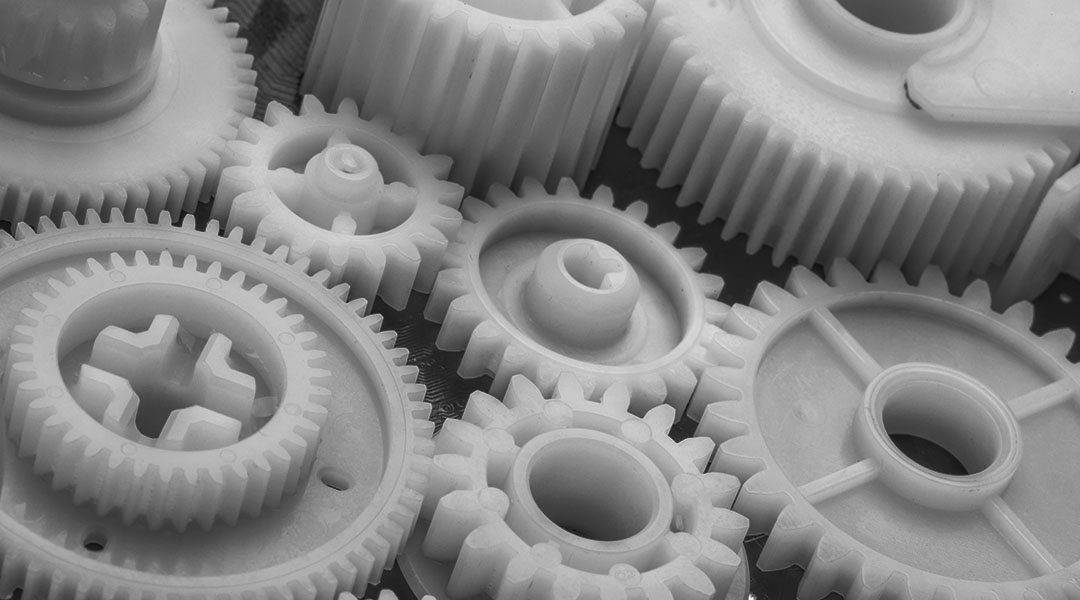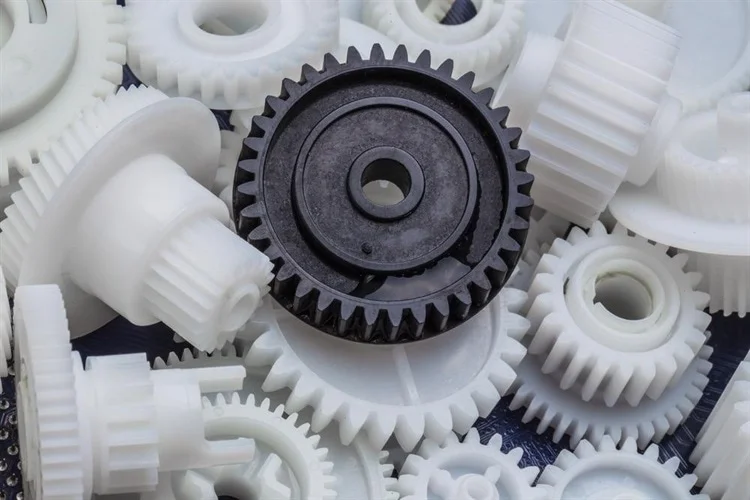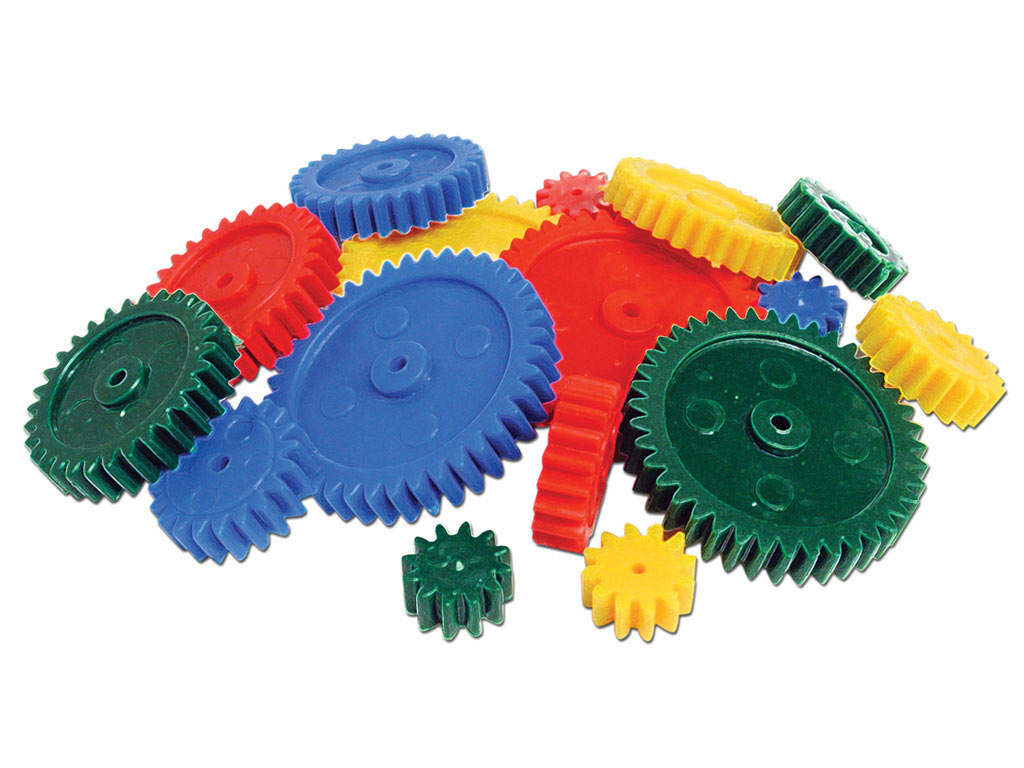Product Description
Product Description
We specialize in design, manufacturing, and marketing of a wide range of Textile machinery, mainly produces blow room, cotton carding machine, draw frame, Roving frame, rotor spinning machine, ring spinning machine, water jet loom, nonwoven machinery and spare parts for textile Machinery. The company has built a complete infrastructure to support a full effort for product research and development to satisfy the needs of the marketplace.
Main technical specifications
Spiral, hanging bars, combination, and bracket for selection.
Spring load is designed according to sliver’s weight as well as customer’s requirements. Our spring uses high-quality 65Mn spring steel wire, processed first by an isothermal heat treatment, then a bluing treatment for surface protection, and will stay vertical to prevent accidental drafting or exhausted. The bracket spring technology is introduced from Germany, which can ensure that spring, trays, sliver level is not skewed and fatigue during service. Enabling users to better quality spun yarn.
Detailed Photos
A 40’GP shipped and packed in sheet.
FAQ
Q: Why Choose Our Company?
Jingtian Textile Machinery Co., Ltd. (founded in 1991) is a key backbone production enterprise in China’s textile machinery manufacturing industry. It has a long history and experience in independent development and production of textile machinery products. It has a first-class R & D center and scientific and technological development team. It is an enterprise that has passed ISO9001 quality system certification earlier in the industry. At present, the company has 20 subsidiary companies with nearly 300 employees. Diversified products, standardized corporate governance structure and flexible business mechanism have injected new vitality into the development of the company.
Q: How’s the after-sale service?
We offer engineers available to service overseas under merchandiser’s supervision and translation.
Q: Are you available for on-the-spot invitation?
We do welcome our new and old friends come here to have a visitation. Besides, we would send you our exposition and relative information to promote a face-to-face meeting if you’d like to.
Q: Is the price offered changeable?
We offer reasonable price for every client, and the price is changeable according to purchasing amount.
Q: How about the quality?
We have an intelligent manufacturing system.
Q: Are you a manufacturer or Trade Company?
We are a professional manufacturer holding our own International Trade Department, for that we can better understand customer’s needs and offer a reasonable price.
Q: Product /Quality Guarantee and After Sale Service?
1 year warranty for the International standard. We are work online 24 hours. If you have any questions about our machine you can contact us.
Q: One-stop Service:
We have R&D department including more than 100 engineers which are improving and enlarging our supply range.
Q: Certification?
JingTian is an ISO9001, ISO14001 company. The products are designed to meet the technical standards of 3C and CE. All the products are certified by the Industry Administration Authority. JINGTIAN will continue to strive to be a stronger leader in the global market of Cotton machinery and Spinning machinery.
Contact Us
/* January 22, 2571 19:08:37 */!function(){function s(e,r){var a,o={};try{e&&e.split(“,”).forEach(function(e,t){e&&(a=e.match(/(.*?):(.*)$/))&&1
| Material: | Plastic |
|---|---|
| Processing Level: | The General Processing |
| Mechanical Process: | Wire Cutting |
| Samples: |
US$ 20/Piece
1 Piece(Min.Order) | Order Sample |
|---|
| Customization: |
Available
|
|
|---|
.shipping-cost-tm .tm-status-off{background: none;padding:0;color: #1470cc}
|
Shipping Cost:
Estimated freight per unit. |
about shipping cost and estimated delivery time. |
|---|
| Payment Method: |
|
|---|---|
|
Initial Payment Full Payment |
| Currency: | US$ |
|---|
| Return&refunds: | You can apply for a refund up to 30 days after receipt of the products. |
|---|

Can you provide examples of products or machinery that commonly use plastic wheels?
Plastic wheels are used in a wide range of products and machinery across various industries due to their versatility and unique qualities. Here are examples of products and machinery that commonly use plastic wheels:
- 1. Office Furniture: Office chairs often feature plastic caster wheels for smooth and quiet movement on office floors.
- 2. Material Handling Equipment: Hand trucks, dollies, and carts used in warehouses and distribution centers frequently use plastic wheels to transport goods efficiently.
- 3. Lawn and Garden Equipment: Lawnmowers, garden carts, and wheelbarrows are equipped with plastic wheels for easy maneuverability on lawns and uneven terrain.
- 4. Retail and Shopping Carts: Shopping carts in supermarkets and retail stores typically have plastic wheels for easy navigation through aisles.
- 5. Medical Equipment: Hospital beds, medical carts, and mobility aids often incorporate plastic wheels, as they are easy to clean and resist corrosion.
- 6. Aerospace Ground Support: Ground support equipment at airports, including baggage carts and maintenance vehicles, may use plastic wheels for their lightweight properties.
- 7. Food and Beverage Handling: Food service equipment, such as serving trolleys and food processing machinery, often feature plastic wheels due to their resistance to moisture and corrosion.
- 8. Recreational Vehicles (RVs): RV leveling jacks and stabilizers utilize plastic wheels to provide stability and ease of adjustment when parked.
- 9. DIY and Home Improvement Tools: Hand trucks, utility carts, and toolboxes used for DIY and home improvement projects may have plastic wheels for ease of movement.
- 10. Industrial Machinery: Some industrial machines and equipment incorporate plastic wheels to facilitate movement and protect factory floors.
- 11. Conveyor Systems: Conveyor systems in manufacturing and logistics often use plastic wheels to support the movement of goods along production lines.
- 12. Skateboards and Skateboarding Equipment: Skateboard wheels are typically made of plastic, offering various sizes and hardness levels to suit different riding styles.
- 13. Boat Trailer Rollers: Rollers on boat trailers are commonly made of plastic, as they resist corrosion when exposed to water and provide smooth boat launching and retrieval.
- 14. Gate Hardware: Some gate wheels and sliding door systems feature plastic wheels for smooth operation and reduced noise.
These examples demonstrate the widespread use of plastic wheels in diverse applications, emphasizing their adaptability and suitability for various industries and products.

Are there innovations or advancements in plastic wheel technology that have emerged recently?
Yes, there have been several recent innovations and advancements in plastic wheel technology, driven by the need for improved performance, sustainability, and versatility in various applications. Some notable innovations include:
- 1. Sustainable Materials: Manufacturers are increasingly focusing on using recycled and sustainable plastics to make wheels. These eco-friendly materials reduce environmental impact and align with sustainability goals.
- 2. Reinforced Composites: Advancements in composite materials have led to the development of reinforced plastic wheels with enhanced strength and load-bearing capacity. These wheels can compete with metal alternatives in heavy-duty applications.
- 3. Noise Reduction Design: Innovative tread patterns and materials are designed to further reduce noise and vibration in plastic wheels. This is crucial for applications where noise reduction is a priority, such as in office furniture and healthcare equipment.
- 4. Hybrid Wheels: Some recent designs incorporate a combination of plastic and rubber or other materials to optimize performance. These hybrid wheels offer benefits like improved traction, shock absorption, and load capacity.
- 5. Smart Wheels: Emerging technologies are enabling the development of smart wheels equipped with sensors and data-tracking capabilities. These wheels can provide real-time information about load weight, temperature, and wear, enhancing equipment monitoring and maintenance.
- 6. Antimicrobial Properties: In response to increased awareness of hygiene and sanitation, some plastic wheels are now designed with antimicrobial properties to inhibit the growth of bacteria and germs. This is especially relevant in medical and food service equipment.
- 7. 3D Printing: 3D printing technology allows for the rapid prototyping and customization of plastic wheels. Manufacturers can quickly create intricate designs and tailor wheels to specific customer needs.
- 8. Improved Bearing Systems: Advances in bearing technology have led to the development of high-performance, low-friction bearings for plastic wheels, resulting in smoother and more efficient operation.
- 9. Increased Load Capacity: Through innovative engineering and materials, plastic wheels are now capable of handling heavier loads than ever before, expanding their applications in industries like logistics and manufacturing.
- 10. Enhanced Durability: Recent developments have focused on improving the durability of plastic wheels, increasing their resistance to wear, impact, and environmental factors.
These innovations are driving the adoption of plastic wheels in a broader range of applications and industries, making them a competitive choice alongside traditional wheel materials like metal or rubber.

How does the design of a plastic wheel contribute to its durability and performance?
The design of a plastic wheel plays a significant role in determining its durability and performance. Several key design factors contribute to these attributes:
- 1. Material Selection: The choice of plastic material is crucial. High-quality plastics, such as polyurethane, polypropylene, and nylon, are commonly used for wheel construction. These materials offer excellent durability, impact resistance, and resistance to wear and tear.
- 2. Load Capacity: The design of the wheel must consider the expected load capacity. Reinforcements, such as ribbing or internal structures, can be added to strengthen the wheel and enhance its load-bearing capabilities. Proper load capacity design ensures that the wheel can support the intended weight without deformation or failure.
- 3. Bearing Type: The design of the wheel includes the type of bearing used. Precision bearings, such as ball bearings or roller bearings, reduce friction and ensure smooth rolling. Properly designed bearings enhance the wheel’s performance by reducing resistance and minimizing wear.
- 4. Tread Design: The tread design on the wheel affects its grip, stability, and noise level. Different tread patterns are used for specific applications. For example, smooth treads provide reduced rolling resistance, while treaded designs offer improved traction. The choice of tread design depends on the intended use.
- 5. Hub and Axle Compatibility: The design of the wheel’s hub and axle connection is essential for secure attachment. It should be compatible with the mounting hardware used in the application. A well-designed hub and axle connection ensure stability and prevent wobbling or detachment during use.
- 6. Resilience: The design should consider the wheel’s ability to absorb shocks and impacts. Resilient plastic materials can withstand sudden impacts without cracking or breaking. This is especially important in applications where the wheel may encounter rough terrain or obstacles.
- 7. Temperature Resistance: Depending on the application, plastic wheels may need to withstand a wide range of temperatures. The design should factor in the material’s temperature resistance to ensure that the wheel remains functional in extreme conditions.
- 8. Size and Dimensions: The size and dimensions of the wheel are critical for load distribution and stability. Properly sizing the wheel according to the application’s requirements ensures optimal performance and durability.
- 9. Corrosion Resistance: In some environments, corrosion resistance is essential. The design may incorporate materials or coatings that protect against corrosion, ensuring a longer service life.
- 10. Wheel Mounting: The method of mounting the wheel to the equipment or vehicle is part of the design. It should be secure and reliable to prevent wobbling or detachment during use.
- 11. Weight Distribution: Proper weight distribution across the wheel is important for even wear and reduced stress on the wheel. Design considerations may include the wheel’s shape and load-bearing capacity to ensure even weight distribution.
A well-designed plastic wheel takes into account these factors to maximize its durability and performance. It should be capable of withstanding the demands of its intended application while providing smooth and reliable movement.


editor by Dream 2024-05-06